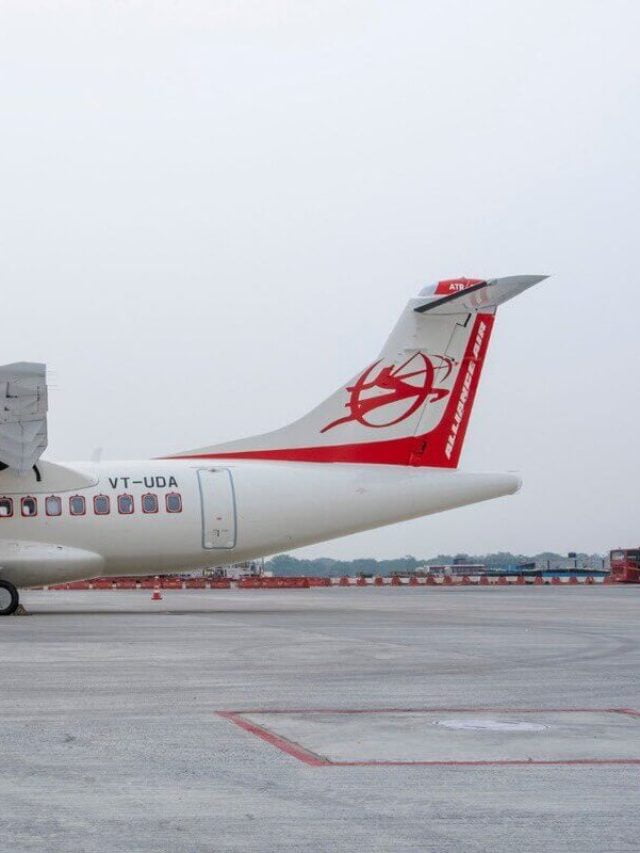
According to Emirates Airline President Tim Clark, the emergence of Omicron during the peak travel season of December could cause "significant traumas" for the global aviation sector. The upcoming weeks will prove critical for the industry as the scientists are assessing the risks and prevention.
"I would say probably by the end of December. We'll have a much clearer position," Clark said. "But in that time, December is a significant month for the air travel business," he added.
Omicron was first reported on November 24 in Southern Africa. Since then, the virus has radically spread worldwide, and more than a dozen countries have imposed travel restrictions and sealed the entry. Japan and Israel have announced that they would shut down the borders entirely to foreign travellers.
The World Health Organization (WHO) warned on Monday that the heavily mutated Omicron coronavirus variant is likely to spread internationally and poses a very high risk of infection surges that could have "severe consequences" in some places.
Emirates is also an airline that has closed its flights out of South Africa and many surrounding countries. "The decision to restrict was difficult given the strong demand for December," Clark said.
Interestingly, the bookings remain strong even after countries introducing stringent measures to track, trace, quarantine and PCR testing.
"People haven't made that decision to cancel or pull off, so we're hoping that it doesn't worsen, that the border procedures for re-entry are not so draconian that it prevents them from travelling at all," he said.
The airlines have to re-embed the cabin crews, pilots and engineers, besides providing them re-training for safety and other procedures due to Omicron.
Emirates also have upcoming plans to deploy 60 of its A380 flights in response to increasing demand. Emirates Chief Executive Sheikh Ahmed bin Saeed Al-Maktoum revealed its decision on deploying more flights two weeks ago at the Dubai Airshow.












